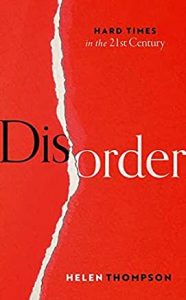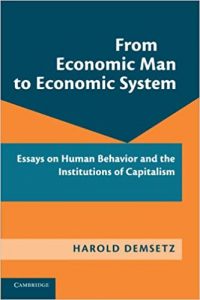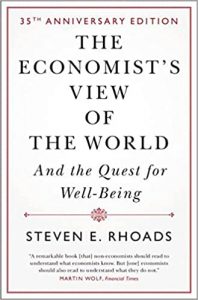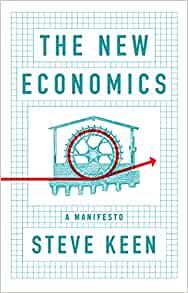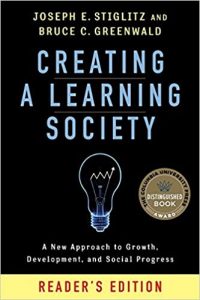I read the proofs of Helen Thompson’s magnificent new book Disorder: Hard Times in the 21st Century a while ago, and specifically before the Russian invasion of Ukraine. Having just read the finished product, it seems all the more prescient and timely. Take this observation, for instance: “For five decades, Central and Southern European energy dependency on Russia has been a geopolitical fact of life. Indeed, since the First World War’s end, the periods in which Germany has eschewed Russian/Soviet oil and later gas have been short … Since it has endured three decades into a post-Cold War world where Moscow uses gas as an instrument of power, Germany cannot escape responsibility for whathappens to states with borders with post-Soviet Russia.”
The book braids together three themes in its synopsis of present disorder and instability. The first is energy-driven geopolitics entwining the fates of the world’s major powers, destabilised periodically by discoveries or technologies (eg fracking in the US) and by events (eg Fukushima and the German abandoment of nuclear). Secondly, and relatedly, there is a sequence of economic crises with their own internal dynamic (the rise of market-oriented philosophies, China’s admission to the world trading system) but also “structural material causes”, in particular the energy shocks of the 1970s and increased energy demand due to China’s economic rise. The final section turns to democratic politics, related to the economic upheavals, and the challenges posed to liberal democracies by plutocracy and inequality, mass migration and the various shocks – the China effect on manufacturing, the GFC.
Along the way, the book weaves in much more – the institutional history of the EU, the breakdown of Bretton Woods, Middle Eastern politics. I’m in awe of Helen’s ability to take a synoptic view of underlying structural trends while mastering so much detail. How much must she read?? The book ends with some observations about what various (democratic) governments might do to tackle these linked predicaments, but it’s pretty pessimistic. I’m left with a sense of not just the length of the shadow of history but also its tenacity: instability is baked in. And as the final words put it: “How… democracies can be sustained as the likely contests over climate change and energy consumption destabilize them will become the central political question of the coming decade.” Read it to be informed, but not to be cheered.

